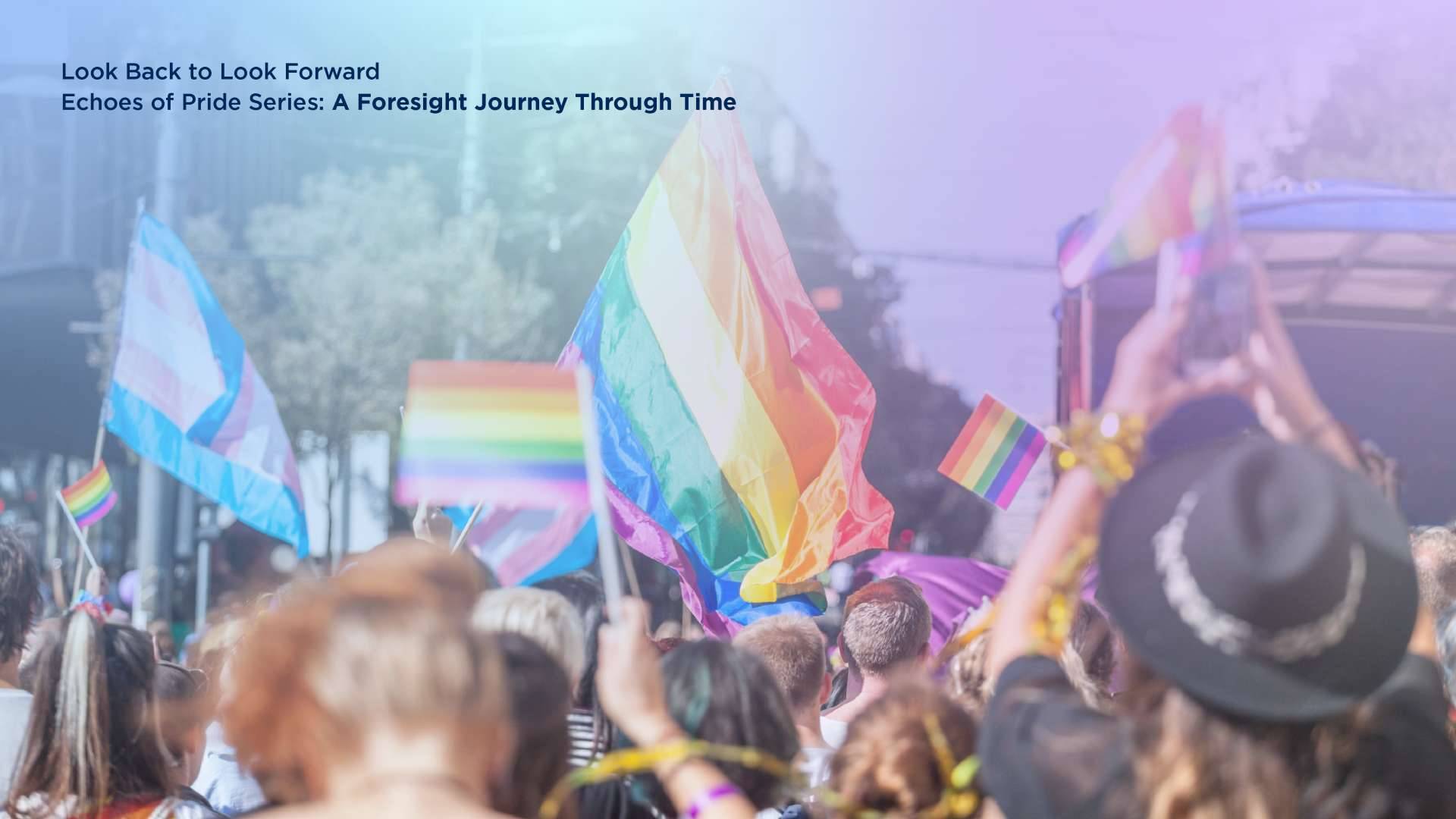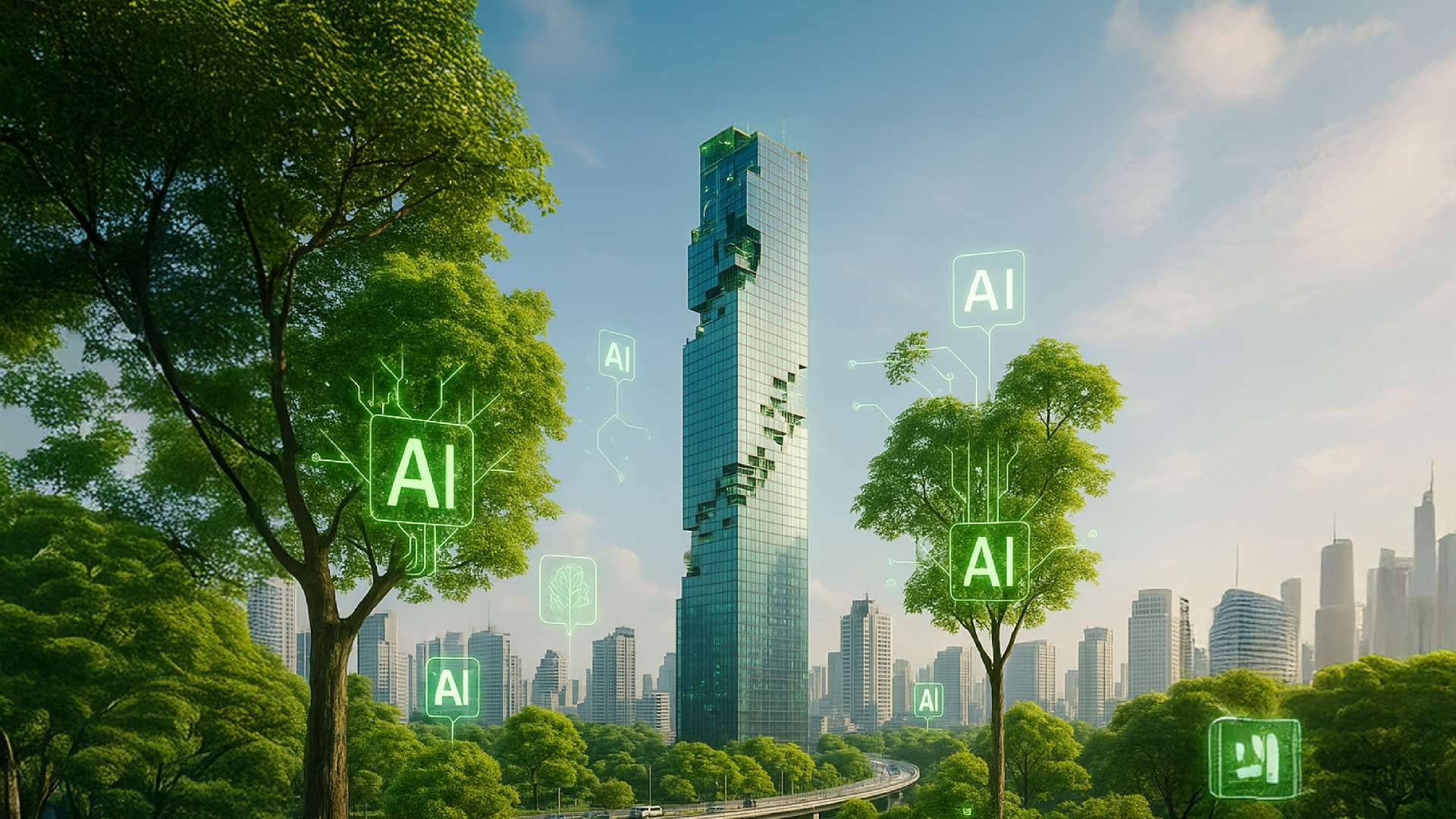
Passion Economy
ARTICLES | Jan 27, 2023
Writer: Nuttawut Kulkaew
Editor: Wittaya Wonglor
"Passion economy" means how we use our talents, passions, or pastimes to make money, such as through writing, photography, and content production. Digital users find how to supplement their full-time jobs by exploring their preferences and identities. Social media and broad internet access let people research topics to advance their careers and market their products and services. 85% of all new jobs by 2030 will be in the passion economy.
The passion economy is linked to the gig economy, freelancing, and the creator economy. The global gig economy is expected to grow from $200 billion in 2018 to $450 billion by 2023, with a CAGR of up to 17.4%. Coaching is the most sought after and highest paying freelance occupation, with a market value of $20 million by 2023, including business, health, employee and executive, and life coaches. The market value is set to keep growing by 3-15% until 2030.
A survey in 2022 found that about 50 million online content creators worldwide. 12% are successful and have earned over $50K per year. The main channels include YouTube and Instagram. 59% of new creators and 35% with over a year’s experience admit not making enough money for a living. But 29% of US youth aim to be creators on channels like YouTube.
Bringing personal skills, experiences, and interests into income-generating activities enables individuals to perform well. Happy workers are 13% more productive. 78% of workers in the passion economy are drawn by working independently and 69% by flexible working hours. Attracting people who share common interests also leads to building a shared identity and community, helping improve social and relationship well-being, bringing better mental health.
But freelancing requires skills and responsibilities that corporate employee mightn’t need. These aspects can lead to stress, pressure, anxiety, loneliness, decreased job and self-satisfaction. Creators can feel confusion about the self and less happiness in life. Individuals need to keep monitoring and taking care of their mental health and should receive positive support from people around them and with professional experience.
Implications for the future:
- Future work trends may shift from full-time to project-based work based more on personal interests.
- Social media channels for selling products, such as TikTok as a shoppertainment platform, should be monitored for their impact on mental health, total spending, and the economy in the long run.
- The introduction of metaverse, digital tokens, and WEB3.0 will become key drivers for the passion economy, especially for content creators, to have a space to express themselves, create a community around their interests, and make more money.
- Government agencies should focus on supporting freelance workers, including support for work skills, tax benefits, and government welfare to guarantee stability in life and career.
Reference:
- https://www.salika.co/wp-content/uploads/2020/07/Passion-Economy5.jpg
- https://www.weforum.org/agenda/2022/02/how-the-passion-economy-is-shaping-the-future-of-work/
- https://signalfire.com/blog/creator-economy/#:~:text=50%20million%20independent%20content%20creators
- https://linktr.ee/creator-report/#Chapter-1
- https://www.ipeccoaching.com/hubfs/What%20is%20Coaching%20-%20iPEC%20Coach%20Training.pdf
- https://www.luisazhou.com/blog/life-coaching-statistics/
- https://www.weforum.org/agenda/2022/02/how-the-passion-economy-is-shaping-the-future-of-work/
- https://www.ox.ac.uk/news/2019-10-24-happy-workers-are-13-more-productive
Want to know more about us? Click https://web.facebook.com/FutureTalesLABbyMQDC or follow at https://www.blockdit.com/futuretaleslab











